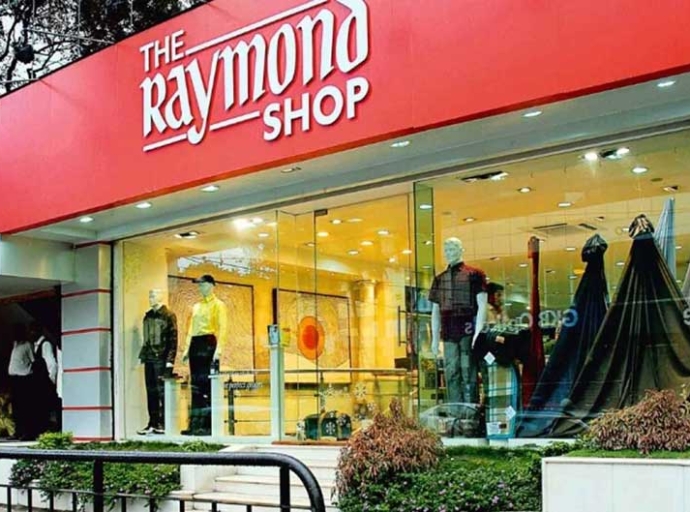12 September 2022, Mumbai:
According to recent estimates from McKinsey & Company, consumer goods companies must prioritize supply chain ESG concerns since, for these companies, more than 80% of GHGs and 90% of other environmental impacts occur in supply chains. And among consumer products, apparel/garment and footwear businesses are particularly at risk of doing business with suppliers who mistreat people or degrade local ecosystems.
Suppliers face low margins and fierce competition because brands can obtain the same products from numerous contract manufacturers. This is particularly true in the cut-make-trim (CMT) industry and the countless subcontractors that CMT firms use to outsource tasks like embroidery and printing.
Concerns around human rights violations
The embargo on cotton from Xinjiang, the Chinese region where Uyghur Muslims are subjected to human rights violations and forced labor, has been aimed chiefly at apparel importers. The Xinjian cotton restrictions, which were started by the Trump Administration, have been maintained by President Biden. The Wall Street Journal it was reported that as Xinjiang is thought to produce 80% of China's cotton, "trade attorneys and business organizations predict more import restrictions and disputed shipments as Washington places more emphasis on human rights in its escalating confrontation with Beijing. To successfully address forced labor and other ESG concerns in the textile and footwear supply chains, corporate leadership pledges and persistent, cautious execution by the procurement and supply chain departments are required.
According to McKinsey analysts, achieving a supply chain "sustainable goals is an all-encompassing organizational problem and frequently involves transformation for both the product portfolio and the organization." a foundational element of an effective supply chain.
Trekker
The ESG project provides an accurate and up-to-date map of supply chains, one that reaches several levels below direct suppliers to identify vendors and subcontractors. These elusive indirect suppliers may be the source of severe environmental harm and worker exploitation. The Apparel Supply Chain Transparency Pledge and the potential New York statute both have transparency standards that may be met by businesses with the use of such mapping.
The New York law, which could have an effect on retailers as diverse as Shein and Prada, mandates that companies map out at least 50% of their supply chain processes at each stage of production, identify and communicate the process's detrimental social and environmental effects, and establish goals to lessen those effects. According to CBS News's early January investigation, the stores must then achieve their goals and report their yearly compliance.
Pull V/s Push
ESG is receiving more attention from a range of stakeholders, including younger customers who are increasingly adopting an ethical buying perspective and consumers who demand an emphasis on sustainability and social responsibility from their fashion firms. Major retailers are putting downstream pressure on their suppliers to enhance their ESG performance. In light of global warming, investors and governments are pushing businesses to be more transparent across ESG parameters. According to one E&Y survey, "74% of investors worldwide are more likely to divest from companies with poor ESG track records".
Additionally, we may anticipate that enterprises in distant regions where environmental and labor standards were previously less severely enforced would be subject to increased scrutiny and that circular business models will no longer be an option.
As a result, the long-term prognosis is that every participant throughout the value chain of the garment industry now faces an additional challenge and the opportunity for growth.
The aforementioned insights are aimed at providing input into the most pressing issues impinging on growth and challenges in ESG in the Textile/Fashion industry and have been prepared for general informational purposes only.
Join our community on Linkedin
Latest Publications


































